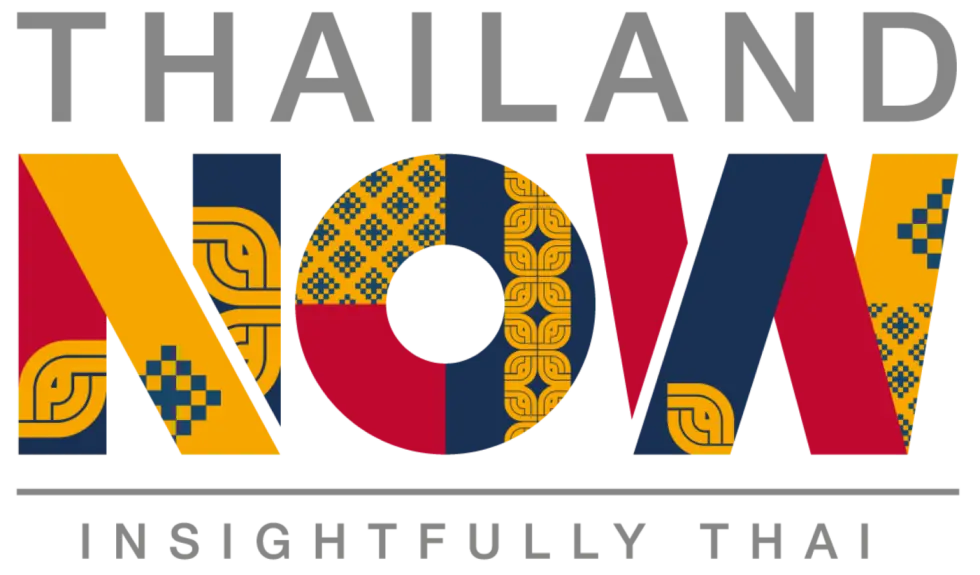How Thailand is betting on bleisure and winning the remote work game
How Thailand is betting on bleisure and winning the remote work game
วันที่นำเข้าข้อมูล 8 ก.ย. 2568
วันที่ปรับปรุงข้อมูล 8 ก.ย. 2568
The pandemic turned working from home into “working from anywhere.” Now, Thailand is turning that trend into tourism gold.
Starting June 2024, Thailand launched the Destination Thailand Visa (DTV). It’s tailor-made for digital nomads, freelancers, and remote workers, allowing up to five years of stay, with 180 consecutive days per entry, twice per year. Applicants need at least ฿500,000 in savings, proof of overseas income, and to be 20 or older.
To attract strategic talents, the government also offers the Long‑Term Resident (LTR) Visa. Built for high-income professionals earning over US$80,000 a year, or those with master’s degrees or higher, it supports 10-year residency with tax perks.
Tourism officials aren’t just hoping the visas will sell themselves. The Tourism Authority of Thailand (TAT) has expanded its “Workation Paradise” campaign, now partnered with more than 200 hotels, coworking spaces, cafes, and gyms to offer discounted long stays, coworking bundles, and networking events. It’s a direct response to the World Economic Forum’s call for destinations to make remote work easier with extended‑stay offers and community spaces.
Why bleisure works for Thailand
Globally, 11% of the U.S. workforce identifies as digital nomads. That’s about 18 million people. Studies show that remote workers who take workations report higher satisfaction levels and tend to embrace “slow travel” experiences over hurried business trips.
That shift dovetails with Thailand’s tourism rebound goals. The government hopes to draw 34.5 million visitors in 2025, with remote-work stays helping fill hotel beds longer and bringing in higher per-visitor spending.
Bleisure isn’t just for long-haul foreigners either. Post-pandemic, domestic staycations surged. The Southeast Asian market is projected to hit US$410.3 billion in 2025, with 8.7% annual growth through 2035. That’s a lot of short‑haul spending potential for Thai hotels and resorts that know how to package work and play.
Longer visas and easier entry, plus Thai Soft Power experiences (like Muay Thai classes and wellness retreats), make Thailand appealing for workers who want productivity and adventure.

In cities like Bangkok, Chiang Mai, Phuket, and Koh Samui, you’ll find co-working spaces, reliable Wi-Fi, and communities of overseas professionals who blend work and play (the DTV even allows family members to join on their own visas).
Some hotels and resorts are retooling public areas into work‑friendly lounges. Developers are adding pet‑friendly policies, gyms, and long‑stay packages. Airlines are testing “pet‑on‑board” tickets and flexible baggage allowances for remote‑work travelers bringing gear.
Not everyone’s rushing to apply, though. Financial proof, complex documents, and long processing lines still push some to just arrive on tourist visas and leave every 60 days. Fast approvals aren’t guaranteed yet, but as policy stabilizes and awareness grows, uptake is trending upward.
For Thailand, bleisure is more strategy than trend
Thailand has reframed bleisure as a growth sector, beyond just a hashtag. With flexible visas, marketing campaigns, and soft-power perks, it’s policy.
Remote work may be global, but Thailand is staking its claim. And whether you’re an expat freelancer or a traveler turning in at a resort after Google Meet calls, the message is clear: the country wants bleisure, and it’s paying off.
Thailand Business Information Center in Taiwan
